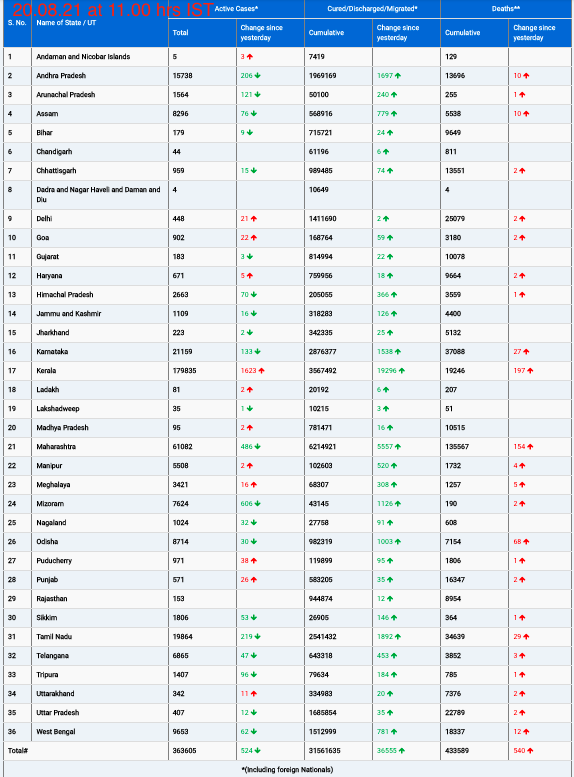March 21, 2024
A groundbreaking paper by researchers at Columbia University Mailman School of Public Health challenges the efficacy of punitive laws targeting drug use during pregnancy, revealing that such measures are more likely to exacerbate rather than alleviate health outcomes. Published in the International Journal on Drug Policy, the study offers a comprehensive review of existing literature, shedding light on the adverse effects of punitive prenatal drug policies.
In response to the escalating rates of prenatal drug use, many states have implemented laws that criminalize or penalize drug use during pregnancy. To assess the impact of these punitive measures, the researchers systematically analyzed data from 16 studies, evaluating the association between punitive prenatal drug laws and health outcomes for pregnant individuals and their babies.
Contrary to the intended objectives of such legislation, the findings suggest that punitive laws fail to yield beneficial effects and may even contribute to worsening health outcomes. For instance, several studies examined whether the adoption of punitive laws resulted in reductions in neonatal drug withdrawal syndrome (NDWS), a condition associated with prenatal drug exposure. Alarmingly, the majority of these studies found either minimal change or increased NDWS following the implementation of punitive measures.
Lead author Dr. Emilie Bruzelius emphasized the significance of these findings, highlighting the potential harms associated with punitive prenatal drug policies. “Our research underscores the ineffectiveness of punitive approaches and underscores the need for alternative strategies to support pregnant individuals with drug use disorder,” noted Dr. Bruzelius, a postdoctoral research fellow in the Department of Epidemiology.
Senior author Dr. Silvia S. Martins echoed these sentiments, emphasizing the importance of identifying effective policy solutions outside the realm of the criminal-legal system. “Addressing prenatal drug use requires a holistic approach that prioritizes support and intervention over punitive measures,” said Dr. Martins, a professor of Epidemiology at Columbia Mailman School.
The study’s co-authors, including experts from Columbia University Mailman School of Public Health, Cornell University Law School, and Pittsburgh School of Public Health, collaborated to provide a comprehensive analysis of punitive prenatal drug laws and their implications for public health.
Supported by grants from the National Institutes on Drug Abuse, this research underscores the urgent need for evidence-based policy interventions that prioritize the well-being of pregnant individuals and their babies. As policymakers grapple with addressing the complexities of prenatal drug use, studies like this serve as a critical resource for informing policy decisions and promoting compassionate, effective approaches to maternal and child health.












